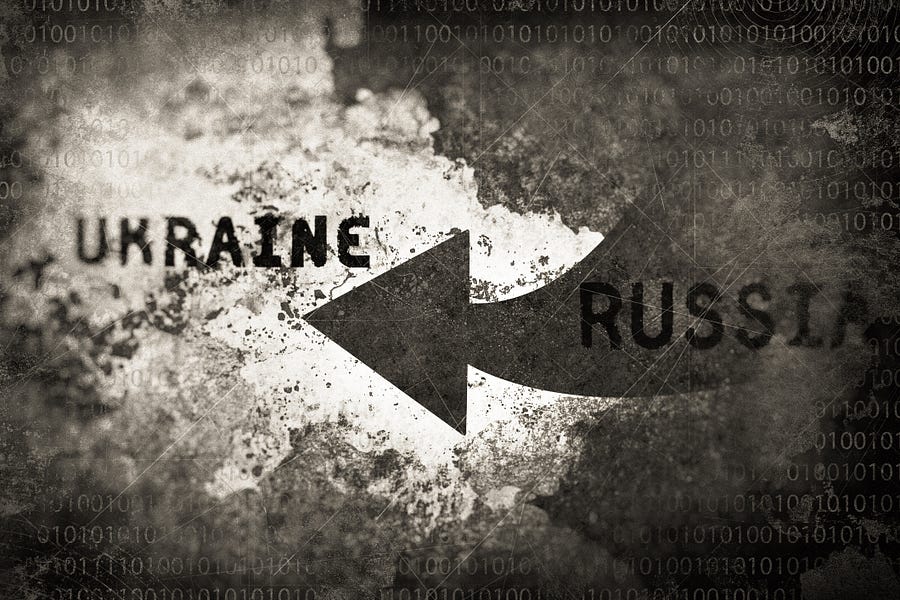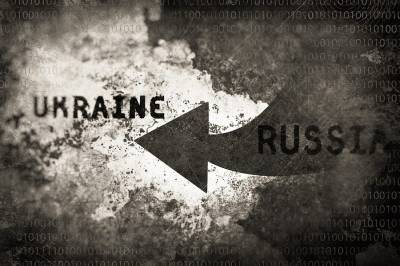Hello and happy Thursday.
I’m afraid there’s no newsletter today because I have some personal responsibilities that require my attention. I’m sorry to disappoint; however, everything should be back to normal next week.
In an effort to hold you over until then, here’s a video from a panel I was on last week.
The conversation was hosted by the Ronald Reagan Institute and included Microsoft President Brad Smith and Sen. Angus King. We gathered to discuss a new Microsoft report, Defending Ukraine: Early Lessons from the Cyber War. This is an excellent (and accessible) paper and I highly recommend giving it a look.
Here’s the bottom line:
The Russian invasion relies in part on a cyber strategy that includes at least three distinct and sometimes coordinated efforts – destructive cyberattacks within Ukraine, network penetration and espionage outside Ukraine, and cyber influence operations targeting people around the world…
The cyber aspects of the current war extend far beyond Ukraine and reflect the unique nature of cyberspace. When countries send code into battle, their weapons move at the speed of light. The internet’s global pathways mean that cyber activities erase much of the longstanding protection provided by borders, walls, and oceans. And the internet itself, unlike land, sea, and the air, is a human creation that relies on a combination of public and private- sector ownership, operation, and protection.
This in turn requires a new form of collective defense. This war pits Russia, a major cyber-power, not just against an alliance of countries. The cyber defense of Ukraine relies critically on a coalition of countries, companies, and NGOs.
Thanks for your patience and understanding,
Klon
That’s it for this edition of The Current. Be sure to comment on this post and to share this newsletter with your family, friends, and followers. You can also follow me on Twitter (@KlonKitchen). Thanks for taking the time and I’ll see you next week!







Please note that we at The Dispatch hold ourselves, our work, and our commenters to a higher standard than other places on the internet. We welcome comments that foster genuine debate or discussion—including comments critical of us or our work—but responses that include ad hominem attacks on fellow Dispatch members or are intended to stoke fear and anger may be moderated.
With your membership, you only have the ability to comment on The Morning Dispatch articles. Consider upgrading to join the conversation everywhere.